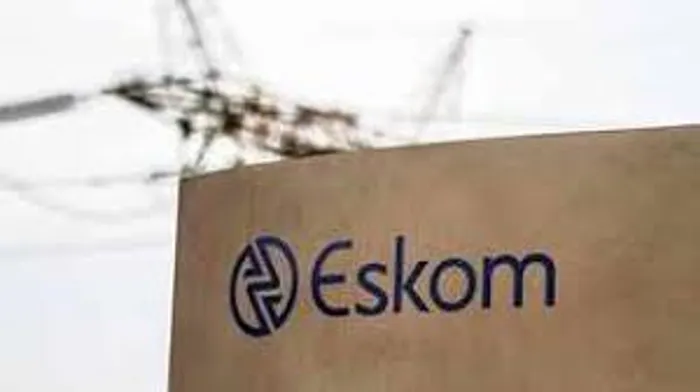Eskom pushes for double digit increases

DURBAN - Consumers will have to brace for further double-digit electricity price hikes if Eskom’s application to the National Energy Regulator of South Africa (Nersa) for recovery of R13.271 billion in revenue is approved.
Eskom general manager Hasha Tlhotlhalemaje argued in the state-owned entity’s Regulatory Clearing Account application to Nersa for the liquidation of R13.271bn at a virtual public hearing yesterday, that the electricity “user pay” principle was preferable to creating new debt and burdening the country’s small pool of income taxpayers with further bailouts for the power utility.
She said the recovery would translate to a 10% price increase in 2022, which analysts explained would be in addition to the 5.7% multi-year-price determination (MYPD) hike.
She said the economy was “better served by rising tariffs” and the deterioration of the economy was also related to factors other than electricity price increases.
However, Nersa questioned Eskom’s rationale of pursuing price increases at the risk of declining demand, while analysts lambasted the utility for asking for further recoveries from consumers in light of its poor governance track record and state capture.
Tlhotlhalemaje said Eskom wanted to recover R13.271bn worth of “efficient and prudent costs” in 2022, which it had incurred.
She said this sum excluded the first R23bn tranche of the R69bn Nersa had earlier included as revenue instead of as an equity injection from National Treasury, when determining price increases.
Eskom last month launched an application against Nersa in the Gauteng High Court asking for it to be allowed to recover the R23bn in the 2021 financial year.
Eskom yesterday also proposed the recovery of “further efficient revenue allowances related to one or a combination” of under-recoveries of R5bn for the 2019 financial year and R26bn for the 2015 to 2017 financial years, which earlier led to court battles with Nersa.
Tlhotlhalemaje urged Nersa to “consider the user pay principle” and to not delay its decision, to avoid the utility having to go into further debt or seek bailouts that would cost consumers more in the long run.
She said Eskom needed to recover “a tariff that reflects the efficient cost” and that “significant pressure” had been placed on its financial viability due to delays in implementing previous decisions.
“Eskom has in the last few years been more and more dependent on shareholder borrowings and this has now been exhausted and it is not sustainable. There has been a fivefold increase in the price of electricity but a tenfold increase in debt that Eskom has incurred,” she said.
“Nersa has the great power in its hands to allow this increase to happen and then it will bear much more fruit for the economy than to allow further R23bn (state) injections. This comes from taxpayers and we have fewer taxpayers in the country than we have users of electricity,” Tlhotlhalemaje said.
Nersa electricity subcommittee chairperson, Nhlanhla Gumede, asked Tlhotlhalemaje: “In your view is Eskom’s financial sustainability more important than the sustainability of the users of electricity?
“I am referring to the competitiveness of the industries that use your electricity and household users who have just been impacted by the recession, downgrades and Covid-19,” Gumede said.
“When you are talking about revenue it has two components – price and sales. Why is Eskom chasing increasing the price all the time at the risk of declining sale volumes? In a normal business if you are faced with declining sales you would look at decreasing the price, not increasing the price.”
Energy analyst Ted Blom lambasted Eskom for seeking further “ridiculous tariff increases”. He said he was “disgusted by” the proposal which equated to a 35% price increase when MYPD hikes had been added.
“It is ridiculous for Eskom to claim that it only wants a refund on prudent and efficient costs, when everybody knows that Eskom staff is bloated by more than 20 000 persons each on a salary package close to R1 million per annum,” he said. “In addition, it grossly overpaid for coal, diesel and other consumables, including the pre-funding of the Guptas by over R600m.”
GroundWork researcher David Hallowes said: “We have a situation where since they started escalating prices in 2008 when we got a series of increases of 25% for three years in a row, ordinary people are having to choose between food and electricity to cook it on, and between sending children to school and being able to pay their bills. The government is tightening the screws on the municipalities, including rebates on free basic electricity,” he said.
“The situation of everyone having their hands in the till for the past two decades – Eskom and government – is being passed on to poor people and it is unconscionable,” he said.